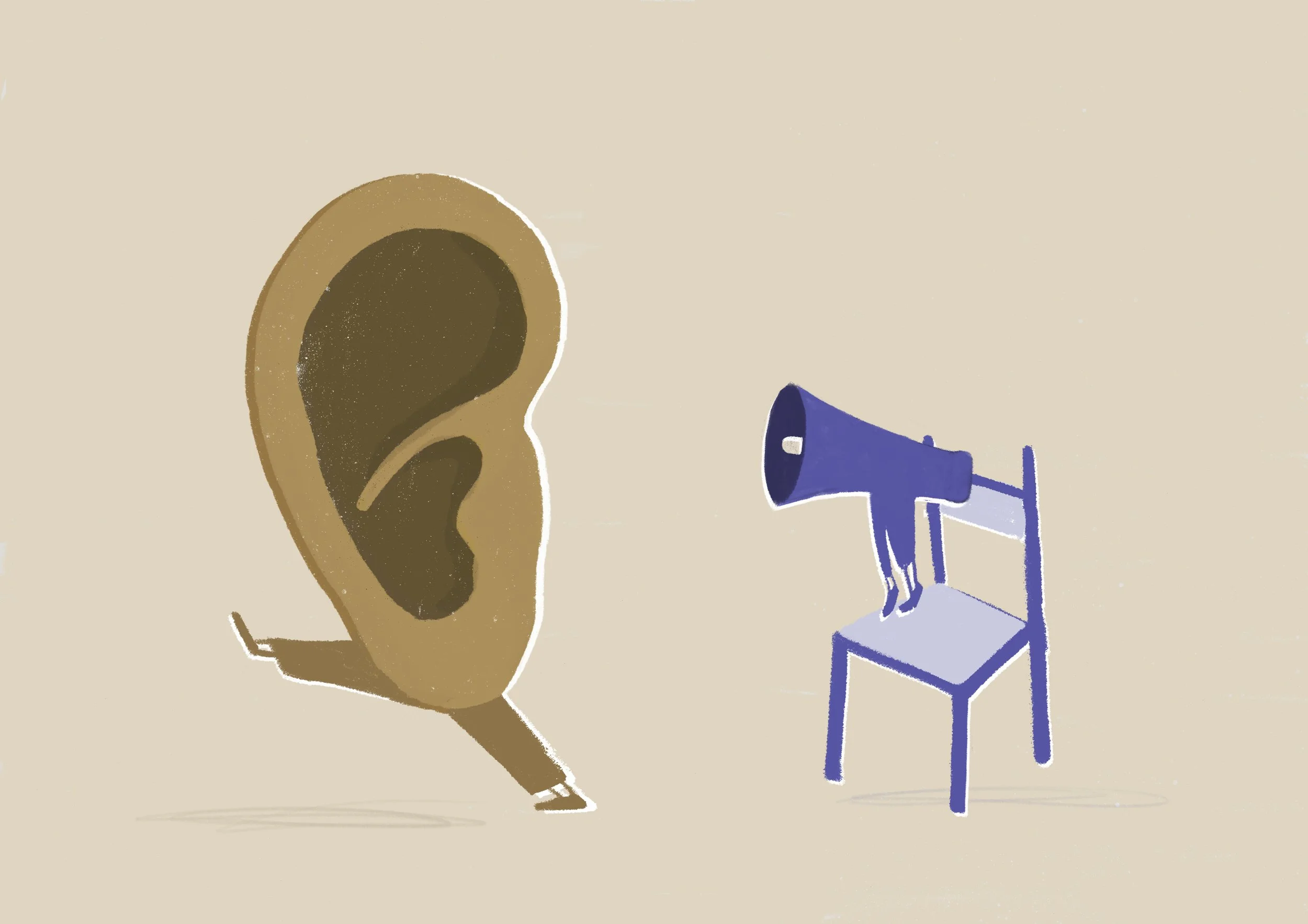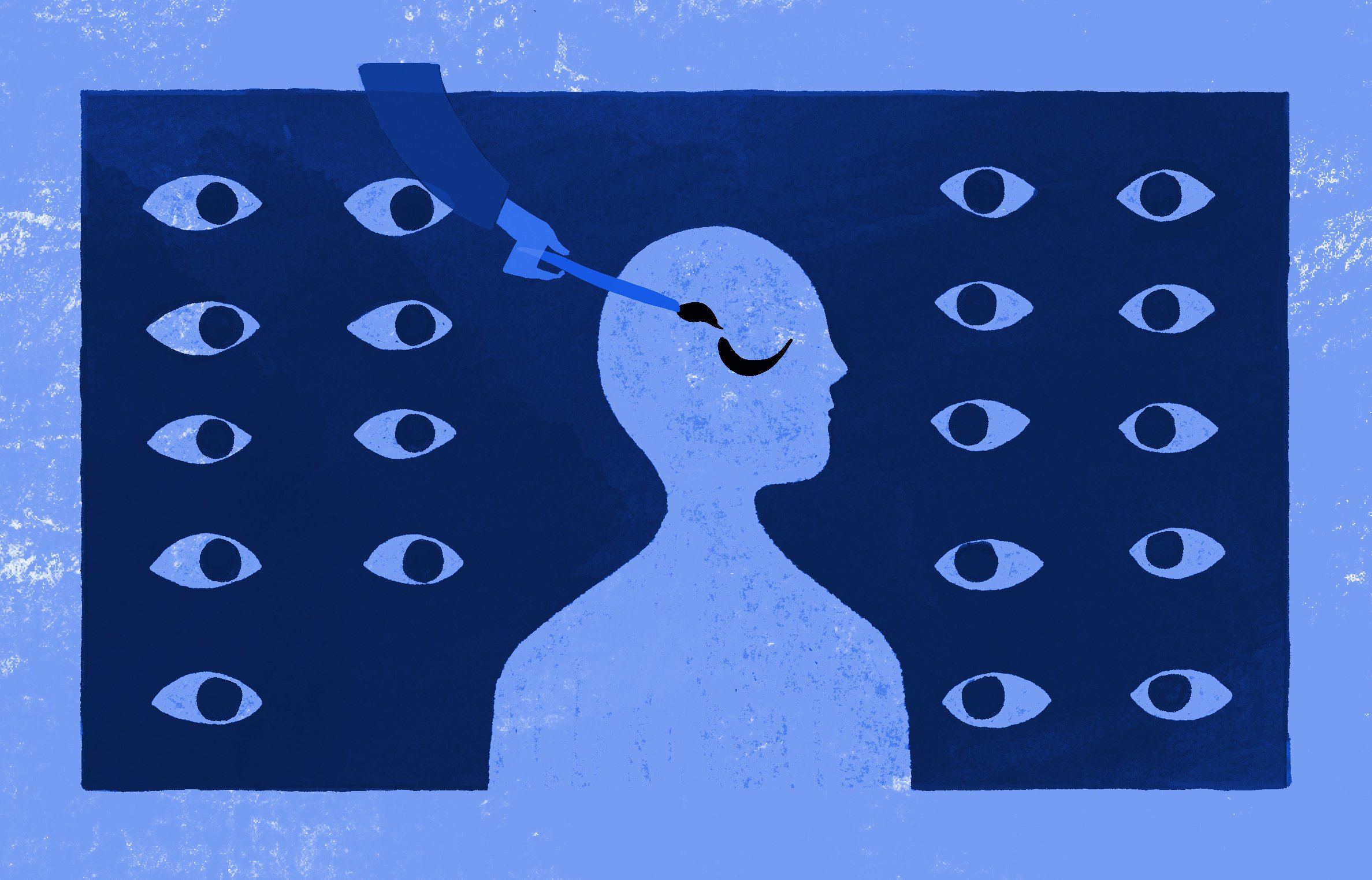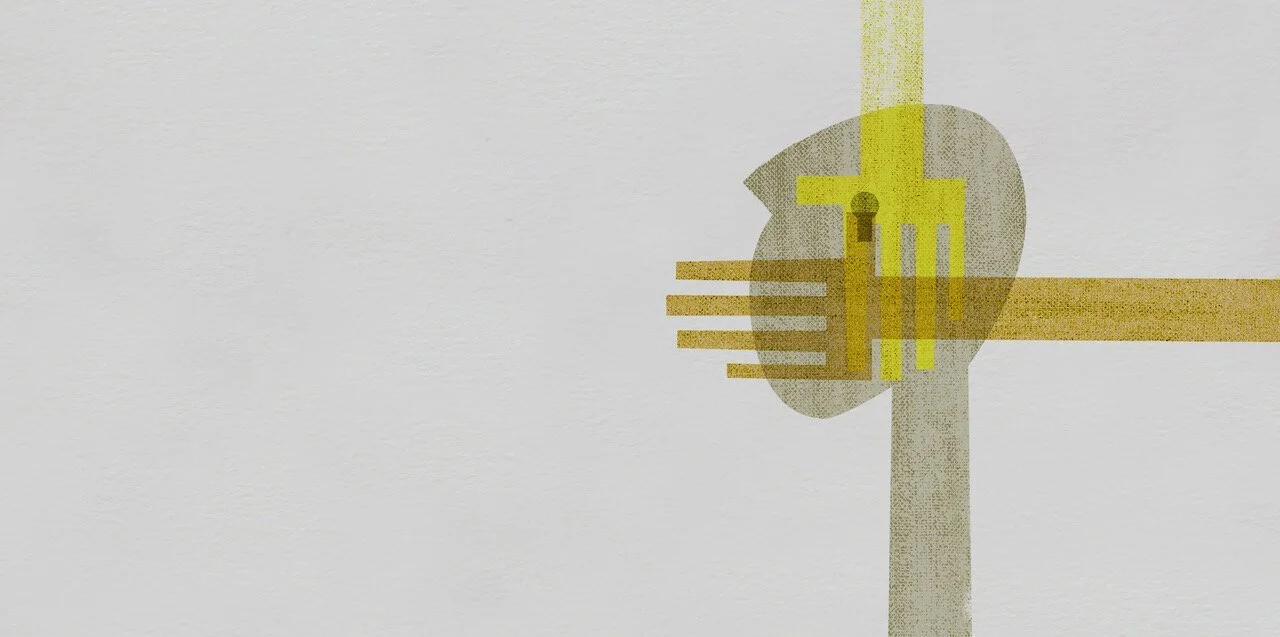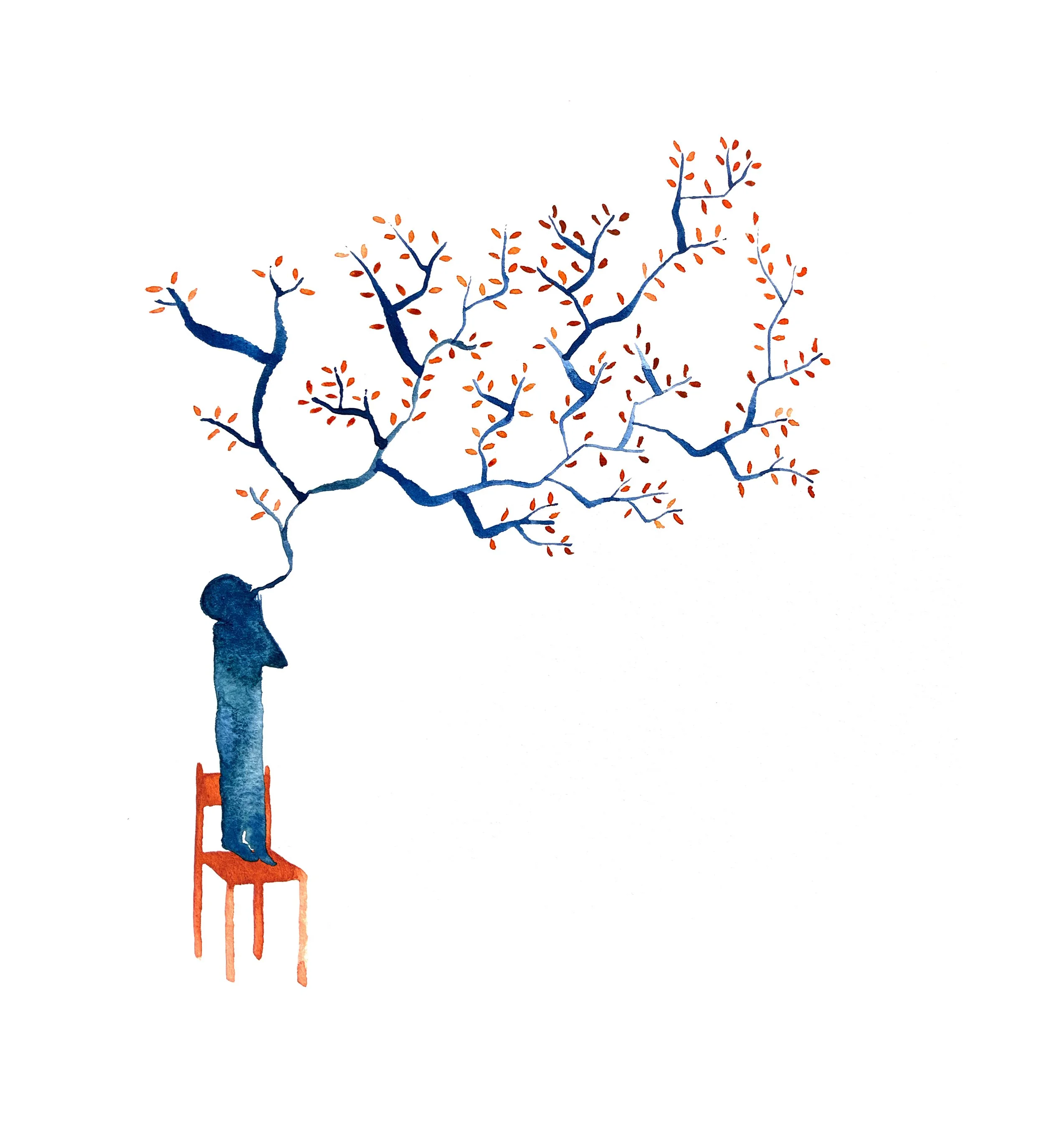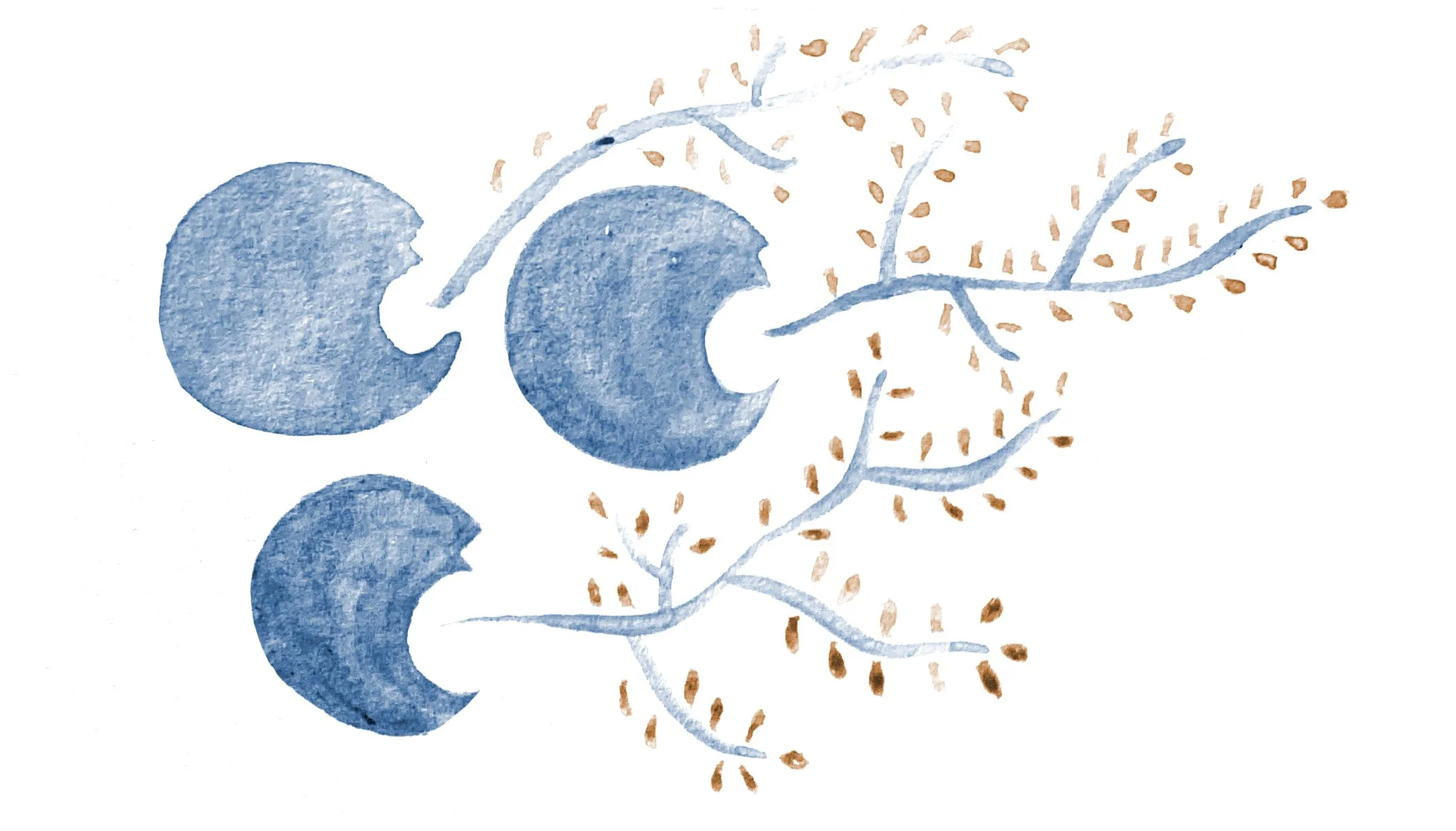In a first, at COP27 countries are urged to include children in the design and implementation of climate policies.
Read MoreCRIN’s goal at COP is to ensure that children’s voices, perspectives and knowledge are included and that children are able to participate in the decisions that impact them. But our stance is clear: there is no climate justice without human rights.
Read MoreFaced with climate collapse in the next decade, it is children today, but also future generations who have the most to lose. During COP27 we’ll be spotlighting what children have to say on the climate crisis, and why more needs to be done to involve them.
Read MoreChildren’s access to information has sometimes been disproportionately restricted with the stated aim of protecting children. This makes it central to the debate around encryption, privacy and protection. To mark International Right to Know Day, we explored some of the questions and tensions in this debate through the lens of children’s access to information.
Read MoreToo many states are failing to take a human rights-based approach to children detained in North East Syria. This needs to change - these children can and must be brought home.
Read MoreFor International Day of the World’s Indigenous Peoples, climate activist and CRIN Climate Adviser Santiago Flores Medina speaks with Futuros Indígenas: one of Latin America's leading networks in the restoration and preservation of Indigenous Peoples’ rights for autonomous identities. The interview highlights how Indigenous resistance is key to driving systemic change.
Read MoreEn ocasión del Día Internacional de los Pueblos Indígenas del Mundo, el activista climático y Asesor Climático de CRIN Santiago Flores Medina conversó con Futuros Indígenas, una de las redes líderes de Latinoamérica en la restauración y preservación de los derechos a las identidades autónomas de los pueblos indígenas.
Read MoreThis interview with Fithriyyah Iskandar, an environmental youth activist and doctor from Indonesia, covers the intersections of human and planetary health issues; the barriers that marginalised communities face when trying to engage with the judicial systems; and the problems with tokenistic involvement of children and young people by governments and organisations.
Read MoreThe debate on encryption and children’s rights is often divided between approaches focused on preventing child abuse, versus an emphasis on civil liberties. But this polarisation hides the fact that children’s rights are on both sides of the discourse. Finding common ground is essential to ensuring that children’s rights are protected.
Read MoreA story published by Vice exposes the scale of bullying, abuse and sexual assault in British armed forces training, with the youngest recruits, and especially young women, some of the worst impacted. One of the veterans speaking out in the article is Joe, who joined the Army Foundation College in 2013 aged 16. Read his full story here. [Content warning: descriptions of abuse and sexual assault].
Read MoreAn unaccompanied minor files complaints at the UN Child Rights Committee over abuses he was subjected to at the hands of border guards. His submission is supported by ECCHR and Blindspots.
Read MoreThe UN’s child rights committee has urged Chile’s government to establish a truth commission in response to the systemic abuse of children across institutions.
Read MoreAs we say goodbye to CRIN's Director of almost two decades, here a few words from her on what it's been like and what's to come.
Read MoreEvery year on Earth day, it’s common to see messaging around recycling, saving electricity, walking to work and all the other ways in which we as individuals can reduce our impact on the environment. But individual action is not enough to tackle the scale of the climate crisis. As the recent IPCC report made clear, activism is key to tackling climate change.
Read MorePreventing Safeguarding finds that, despite being sold as a way of safeguarding children, the Prevent strategy puts policing priorities above their rights and welfare.
Read MoreToday we launch our project Children’s Access to Environmental Justice, in which we look at children’s environmental rights, and the laws and systems that affect them. We want to have conversations about how the law can be used to make children’s environmental rights a priority, and make it easier for those involved in youth climate activism to understand and use the law.
Read MoreIn this interview with Pedro Hartung, we hear about how the Alana Institute uses legal tools to address the fact that Brazilian children, and others in countries that have been historically colonised, are the most affected by climate injustice and violations due to lasting effects of colonial practice.
Read MoreThree parents have today spoken out about the treatment their children experienced as recruits at the Army Foundation College. CRIN has written an open letter to Ofsted, challenging the College’s ‘Outstanding’ grade in the face of abuse allegations.
Read MoreThe Committee on the Rights of the Child has published its decisions in its first climate justice cases. Read our take on what they could mean for the struggle for climate justice.
Read MoreNew data obtained by CRIN reveals a sharp increase in reports of sexual violence against girls in the UK armed forces.
Read More


